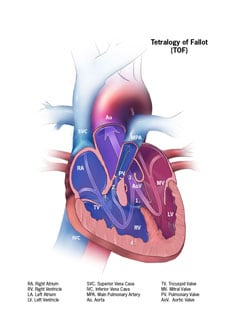
While initial studies after the disease outbreak indicated that azithromycin had synergistic effects with other antimalarial drugs in reducing the virus load and bringing about clinical improvement, the concern on its use for treatment of COVID-19 is now gaining pace.Ī study conducted in France on 11 patients showed no rapid anti-viral clearance or clinical benefits in patients with severe infection. It has been shown to prevent severe respiratory tract infections when administered to patients suffering from viral infections. The last few months of COVID-19 pandemic have seen tremendous use of azithromycin in combination with anti-malarial drugs as a potential treatment of the secondary bacterial infections.Ĭategorised as a highest-priority critically important antimicrobial (HPCIA) by the World Health Organization, azithromycin is widely prescribed to treat respiratory infections, cholera, pneumonia and other diseases.
/185303315-56aae7803df78cf772b4a466.jpg)
It is all the more worrisome in cases when the secondary infections are caused by drug-resistant bacteria. This can contribute to already growing resistance in bacteria, a phenomenon called antimicrobial resistance (AMR), that is a public health threat of global scale. There are chances that patients are given antibiotics that may not be effective for the particular infection causing bacteria.

With limited or no information on diagnosis of co-infections, antibiotic treatment may be indiscriminate and misinformed. Many patients could also have underlying chronic bacterial infections before the virus (SARS-CoV-2) infection, but this was also not reported.

According to researchers from the United Kingdom, who authored this study, while co-infections were reported during COVID-19, there were no records of anti-microbial sensitivities of the identified microorganisms that cause secondary infections.įurther, no information is available on the type and duration of anti-microbial treatment administered to patients, despite antibiotic use going up during COVID-19. COVID-19, a highly infectious disease, has affected over 3.3 million people around the world and has become a serious threat to public health and economies.Ĭo-infections or secondary infections are very common during respiratory viral infections, including COVID-19 and can lead to increased severity of the disease or mortality. A recent correspondence published in medical journal The Lancet highlighted concern around co-infections that could occur along with the novel coronavirus disease (COVID-19) and the associated over use of antibiotics to tackle them.


 0 kommentar(er)
0 kommentar(er)
